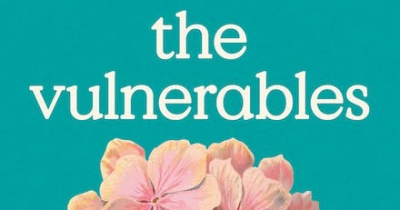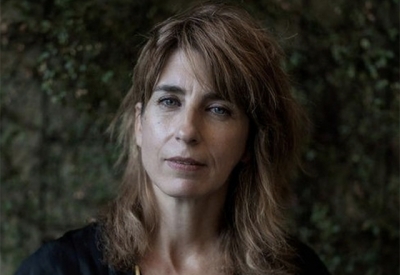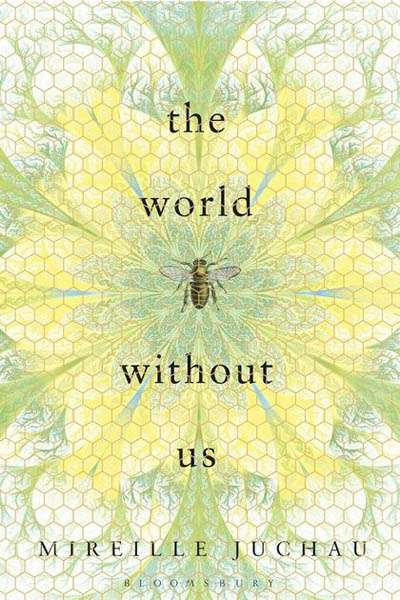Mireille Juchau
I have a recurring dream about discovering an enticing space in my own home – a basement or garden – always just out of reach. Its residue is an elated sense of creative possibility. I like the sign the symbolist poet Saint-Pol-Roux put on his door before sleep: Poet at work.
... (read more)


